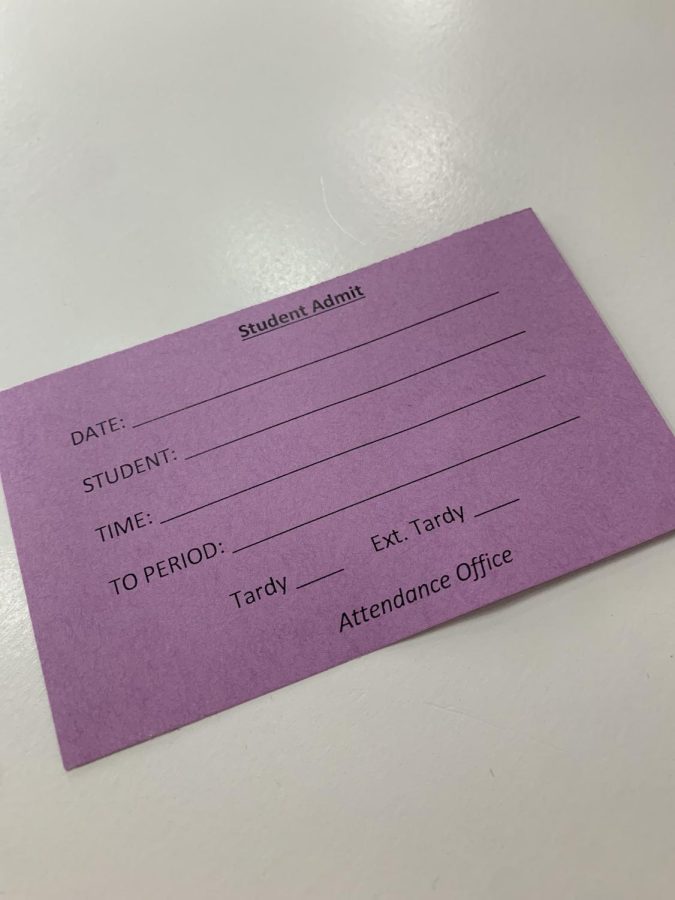CRHS brings back attendance policy used before COVID-19
October 26, 2022
Teachers, students, and staff of the 2022-2023 school year at Canyon Ridge High School are contemplating the effectiveness of the attendance policy the school is bringing back from before COVID-19.
The attendance policy for the 2022-2023 school year is one that was implemented before COVID-19 hit in 2020. According to Mr. Scott Thompson, Vice Principal at CRHS, “During COVID there were many more kids that were coming down with COVID. So we had to go to Plan B because kids, once they got COVID, would be out for ten days…Now that we are, for the most part, away from COVID, we are back to the 90% attendance rule.”
The 90% attendance rule means that students with 10 or more unexcused absences in one class will receive an F/A and fail that class. The policy also requires students who are late getting to class to acquire a tardy slip from the office before being let into the classroom.
However, Thompson stated “If they miss, say, 11 days and they have at least 70% or higher in that class, they can appeal to try and get that credit back.” He also stated that because of the policy, “Students are thinking about being to class on time. They are thinking more about getting to school because they don’t want to lose their credit.”
Some of the teachers are also a fan of this attendance policy. Mrs. Miranda Ostrowski, a science teacher at CRHS, said “It has made my work a lot easier because students are showing up more often. There is that priority of showing up more often and…because they are here more they are understanding the material better, they are more engaged with the material, they aren’t trying to play catch up all the time.”
Mr. Marion Oneida, another science teacher at CRHS, claimed that “Kids are here at the beginning of the bell a lot better than they used to be. The number of tardies in my classes are down,” and “When kids come in late and have a tardy slip already it’s a lot easier for me to go back and change that from an absence to a tardy at any time during the class period.”
However, he also stated “there can be extenuating circumstances for kids as to why they are missing, and if they’ve made up all the work and they are passing the class, then I still think they should be able to get credit. They should be decided really on a case by case basis.”
Many teachers agree that bringing back this attendance policy has produced better grades and performance in class, and even Ostroski said, “I’ve had some of my best first unit tests that I’ve had in a long time.” Despite this, some of the students are still skeptical of the policy and aren’t sure if it’s the best option.
Easton Bradshaw, a Junior at CRHS said, “If you’re learning and you’re showing that you’re learning then it (attendance) shouldn’t be a problem.”
“Getting there a minute late and having to go all the way down to the office to get a note is wasting valuable class time,” said Bradshaw.
CRHS senior Jocleyn Tanner said, “I would personally prefer an attendance policy that allows for more freedom, specifically to upperclassmen. I think something like that would really help students learn how to be more independent, as they’d have to rely on natural consequences, such as missing important information, to keep themselves responsible rather than punishment from administration.”


